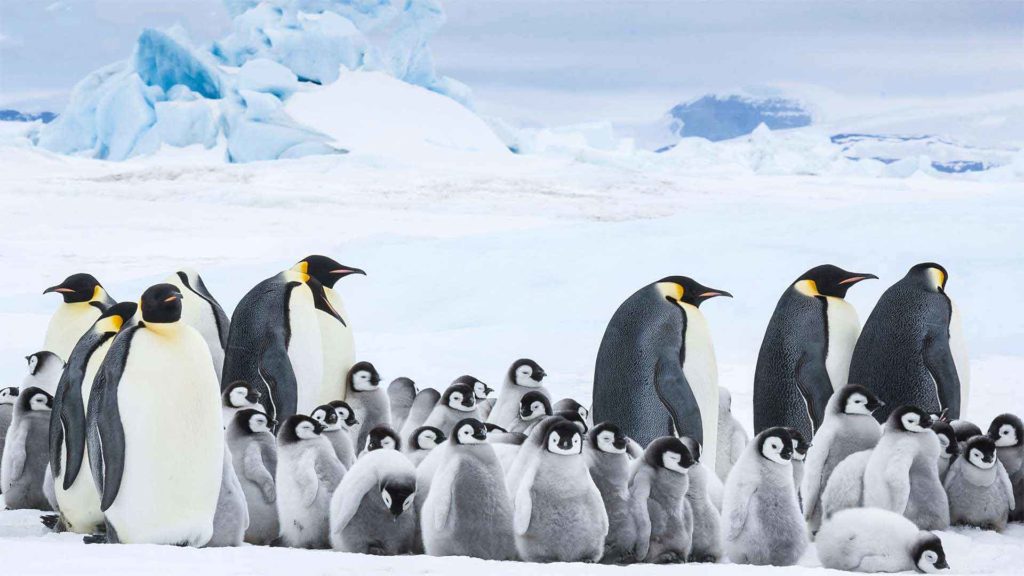By Chlotrudis Independent Film Society
Rating: 3.5 cats
Director: Luc Jacquet

Original language title: La Marche de l'empereur
Country: france, united_states
Year: 2005
Running time: 80
IMDB: http://www.imdb.com/title/tt0428803/combined
Chris says: “Even if nature documentaries aren’t necessarily your thing, this one is worth checking out. Director Luc Jacquet and his crew capture the extraordinary mating ritual of the Emperor penguin, a bird indigenous to the harshest climate on the globe, Antarctica. The gorgeous yet sinister landscapes are obviously the reason to catch this on a big screen, but the ritual itself and the life-cycle it encompasses is rife with enough drama, tension and otherness that the film is more than just a series of pretty pictures.
“Morgan Freeman’s narration lends a warm, fatherly tone, but the film doesn’t always shy away from this environment’s inevitable tragedies. As an educational travelogue, this is much more resonant and involving than WINGED MIGRATION — you have a heart of stone if the sight of a baby penguin being born doesn’t choke you up at least a little bit. 4 cats”
Bruce says: “This popular documentary anthropomorphizes the adorable emperor penguins, large Antarctic marine birds fascinating because of their bizarre mating habits. In a land where temperatures average -58 degrees Fahrenheit, these birds form caravans and travel single file for 70 miles, day and night, to a remote area where they spend several weeks selecting their mates for the current year.
“Seeing the penguins mingling about from a distance, the scene looks like a gigantic corporate cocktail party; upon closer inspection, it more resembles a singles bar. After the mating choices are made the penguins huddle and coo in pairs until the female lays her egg. Unlike other species, the egg is transferred to the male for incubation. The females, who have lost 1/3 of their body weight laying the eggs, leave en masse to find food back where they originally came from.
“During the females’ absence the males go without food for 125 days. Many die (which explains why their are more female than male penguins) and many fall asleep and lose the eggs which are carefully placed on their feet. When the chicks are born the males cough up a milky substance to keep the chicks alive for a day or two until the females miraculously return with food. When the females return, the males take off in search of food.
“The strength of MARCH OF THE PENGUINS lies strictly with the cinematography. The penguins are naturally photogenic. The winter hues of the Antarctic, the Southern Lights and the underwater photography all contribute to the visual treat. The film is played out like a love story as much fuss is made of the romance between the male and female. Morgan Freeman’s saccharine narrative is absolutely inexcusable. These birds are not dancing through rituals of dating, marriage and raising a family; they are mating out of sheer instinct. At one point I expected Freeman to translate from Penguin to English: ‘We’ll always have Paris.’
“What happens to the females that don’t find a mate? Who are the dreaded predators that snatch eggs and gobble up chicks? What happens to the males and females that lose eggs and chicks? These subjects are mentioned but not pursued – probably because they would interfere with the aura of romance. 3 cats”
